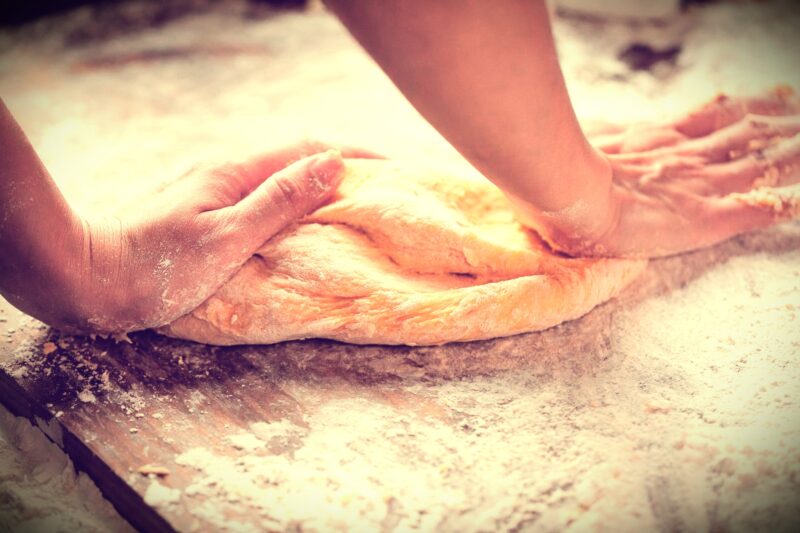“Crawling at your feet,’ said the Gnat (Alice drew her feet back in some alarm), `you may observe a Bread-and-Butterfly. Its wings are thin slices of Bread-and-butter, its body is a crust, and its head is a lump of sugar.’
And what does IT live on?’
Weak tea with cream in it.’
A new difficulty came into Alice’s head. `Supposing it couldn’t find any?’ she suggested.
Then it would die, of course.’
But that must happen very often,’ Alice remarked thoughtfully.
It always happens,’ said the Gnat.”
― Lewis Carroll, Through the Looking-Glass and What Alice Found There
There are, at any given moment, 155 million people starving, queuing for bread around corners, begging, fighting for it; people I do not know, in cities in Yemen, Chad, Timor-Leste, Cuba, Burkina Faso, Sudan, Syria, Afghanistan, Nigeria, the Congo, Ethiopia, Zimbabwe, Haiti…
Numbers. Names. Trivia, maybe. Some more: the Egyptians call bread aish, “life.” Bread has meant exactly that for every civilization, culture, tribe, religion, across lands and over seas, for fourteen thousand years, since before the domestication of wheat.
Before agriculture and the first word for bread—”ninda,” on Sumerian tablets—there were images of people kneading dough, traces of shared barley paste. Then, a history of oat, wheat, millet, potato, rice, corn; baked, steamed, fried; leavened, or not,
from sacred to symbolic to industrialized, packaged, regulated, commodified, pre-sliced. A history of a species in appams, arepas, baguettes, bagels, challahs, chapatis, ciabattas… of great fires, wars, revolutions, “let them eat cake”…
the measure of what makes a human:
The sergeant took a bit of regulation bread from his pocket, and handed it to the mother. She broke the bread into two fragments, and gave them to the children, who ate with avidity.
‘She has kept none for herself,’ grumbled the sergeant.
‘Because she is not hungry,’ said a soldier.
‘Because she is a mother,’ said the sergeant.”
– Victor Hugo, Quatrevingt treize
There have always been, are, will be people, somewhere, queuing for bread, praying, dying. Interesting. Trivia. Facts and figures, as abstract and far as Timor-Leste, until,
there is, in Lebanon, a bakery near the Antelias intersection. Down a steep incline, to a sharp, scary left, in front of which, once upon a time, people queued, not starving, for bread.
Monday morning, for the smell of lightly rising dough, glazed with thyme, sumac, and golden olive oil. Saturday night, so late, tipsy, giddy it was Sunday, really, for the folded flatbreads, bursting, oozing with cheese.
For the fresh tomatoes, mint, best manakish in the country. For the company; the feast shared, in rich simplicity, for a dollar, two. Once. A time. For the heck of a few more mini-fatayers of spinach and feta placed, strategically, innocently aromatic, at the register. Because there would always be someone I know, or don’t, outside, in the street, at home, who would like one.
